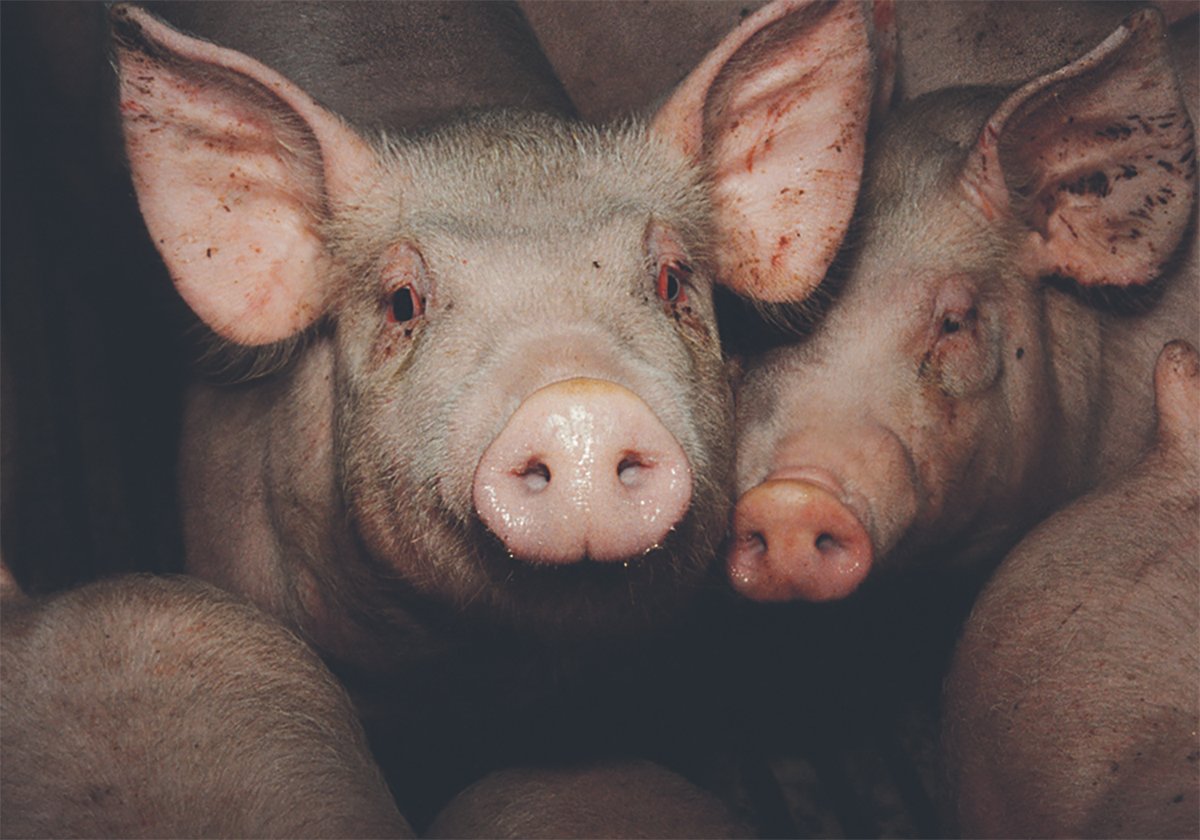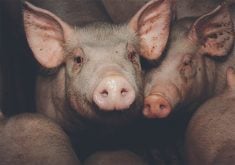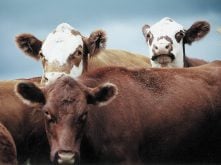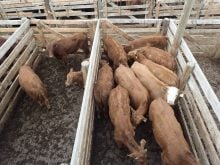Ranchers collecting urine from pregnant mares had their lives turned upside down in 1994 when animal rights groups attacked their industry.
Their public image was shattered and many were mystified about the onslaught of criticism coming from people who knew little about horse management or the benefits of estrogen in treating post-menopausal women.
“There was enough history with the animal rights movements that they should have seen this coming,” said Norm Luba, executive director of the North American Equine Ranching Information Council based in Kentucky. He was hired in 1995 to improve the pregnant mare’s urine industry’s image and help educate the public about what happens on PMU ranches.
Read Also

The Western Producer Livestock Report – October 30, 2025
Western Producer Livestock Report for October 30, 2025. See U.S. & Canadian hog prices, Canadian bison & lamb market data and sales insights.
“Many of our people didn’t recognize early on that there was an issue,” said Luba at the recent Alberta Farm Animal Care Association meeting in Calgary.
A large weakness within the industry is that many ranchers and people who take estrogen are isolated from each other. The consumer may be the neighbor or a woman living in New York.
Pregnant mare’s urine has been collected in Canada since 1942. Most farms used to be in Ontario but are now in Manitoba, Saskatchewan, Alberta and North Dakota.
Estrogen is prescribed to about 10 million women in North America.
The outcry started when a writer sold a story on PMU ranching in Canada to an American equine magazine.
Eventually, the American Society for the Prevention of Cruelty to Animals used it as a cover story for its magazine’s January 1995 issue.
Groups like the People for Ethical Treatment of Animals also became involved and said the industry is unnecessary even if the horses are treated humanely.
The protesters targeted gynecologists, many of whom did not know where the product came from or how it was collected.
The animal rights groups lobbied to have the product removed and used actresses like Mary Tyler Moore and Bea Arthur to speak against the product.
The animal abuse allegations forced the industry to look at itself and see if it could do things differently.
“We needed to have more information on our industry than anyone else. We didn’t have it, ” said Luba.
The pharmaceutical company making the product couldn’t defend itself because the Food and Drug Administration in the United States restricts what companies that make patented prescription medications can say about their products.
Luba agreed that in the early days of the industry, there was room for improvement in handling the horses and finding places for the colts.
“There were things going on that could have been done much better,” he said.
“There is no business that is gong to survive by doing things the way they did 30 years ago.”
Since 1995, the ranchers have organized into the North American Equine Ranching Information Council and set up a regulatory system that makes these farms the most scrutinized in North America.
At one time the SPCA visited the farms once a month but financial cuts forced it to limit its visits. The pharmaceutical company contracting the farms also visits.
For the last three years, a third party assessment has been provided by accredited veterinarians who evaluate the mares three times during the PMU collection period.
These checkups are mandatory.
The association has developed alliances and conducted ranch tours with horse breeders.
These alliances led to a program to identify all horses in the program.
All PMU horses have unique serial numbers and the organization encourages people to use registered stallions so the colts can be registered. These horses may enter the show circuit, which helps keep further track of them.
In addition, the association set up an incentive plan where any horse that came from a PMU ranch and wins prize money at one of 81 approved shows receives a matching cheque from the equine association.
There are 33,000 mares on 439 PMU ranches in Western Canada. Manitoba has the largest number at 259. There are 97 ranches in Saskatchewan, 60 in Alberta and 23 in North Dakota.















